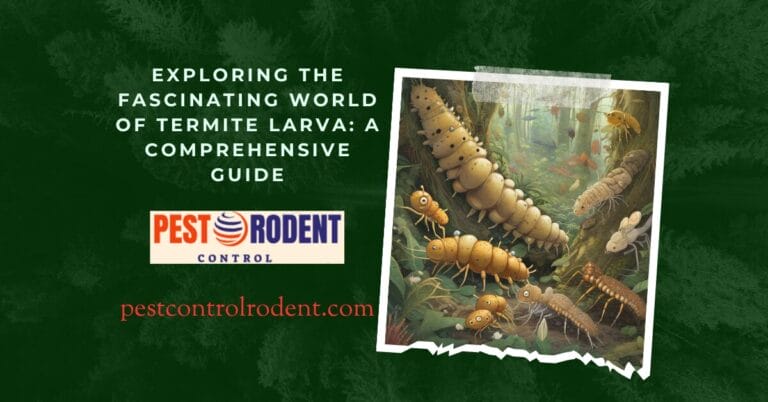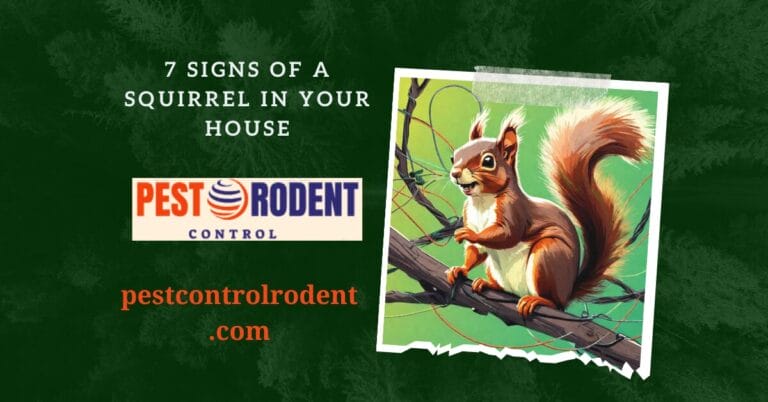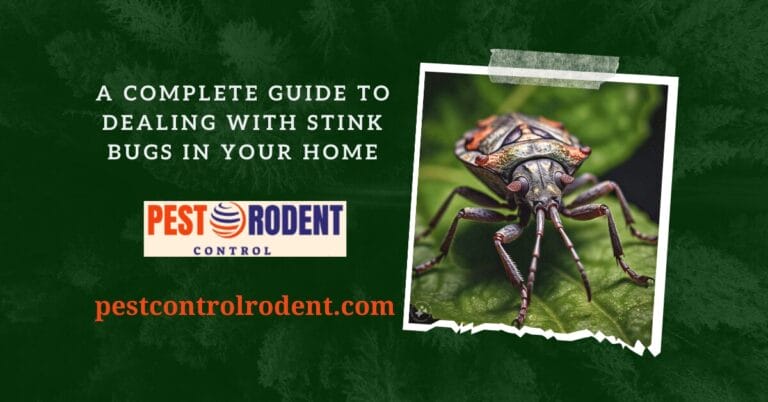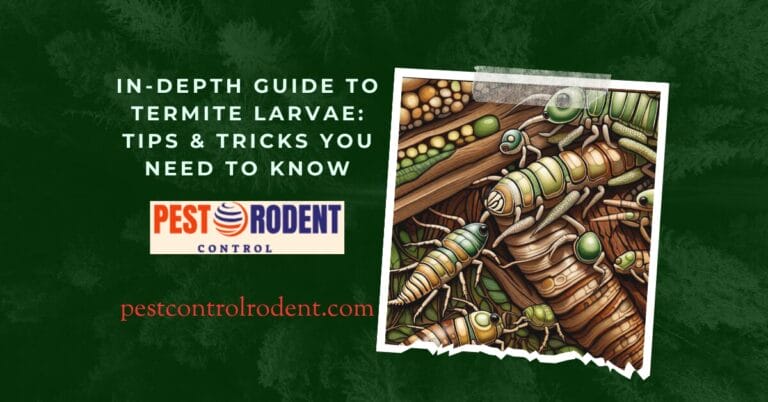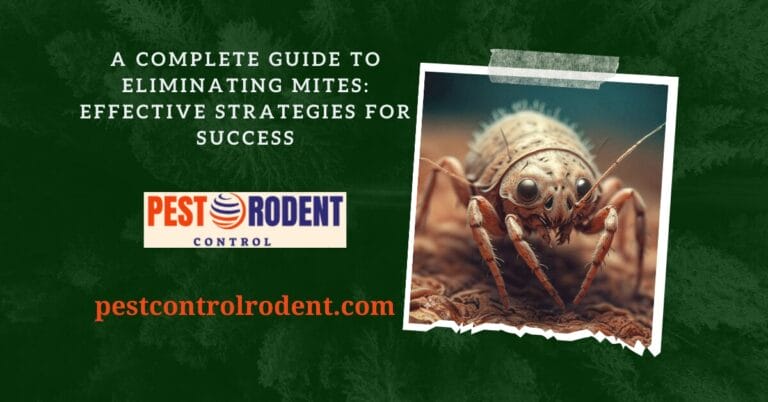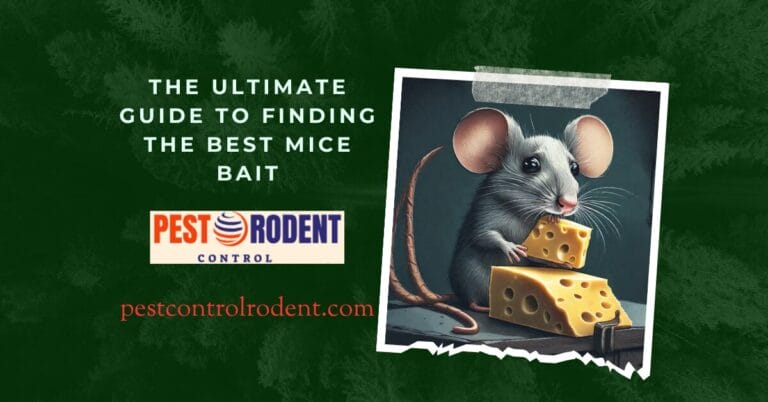What Attracts Scorpions
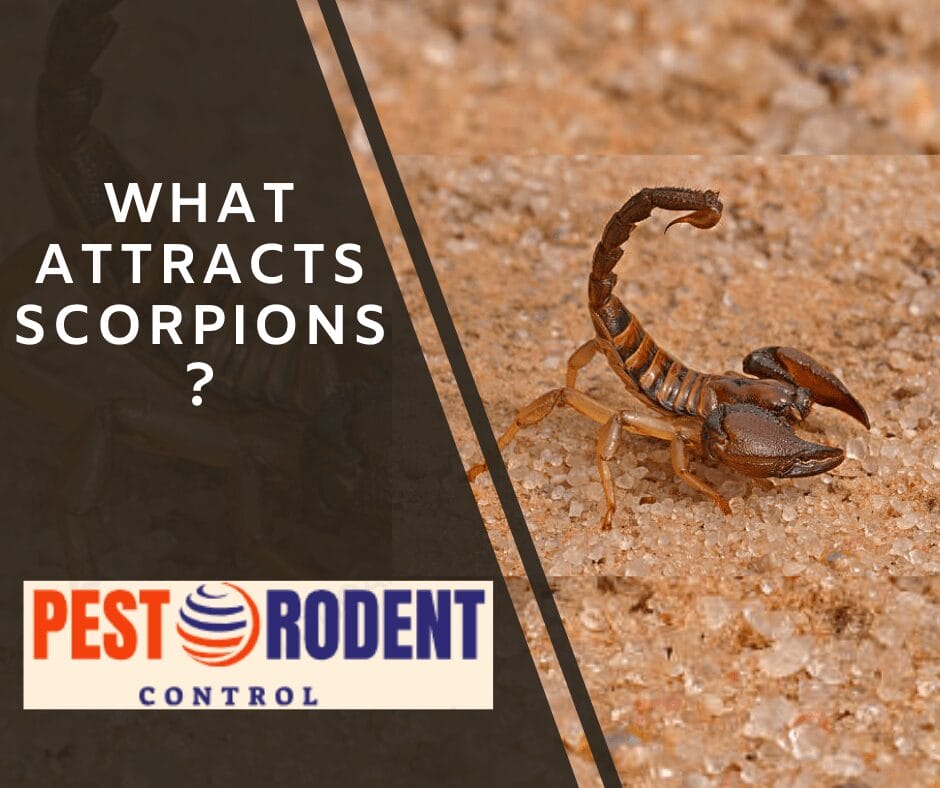
I. Understanding Scorpions
Whether we regard them with fascinated curiosity or shudder at the thought of their venomous sting, there’s no denying scorpions are intriguing creatures. Let’s get to know more about them.
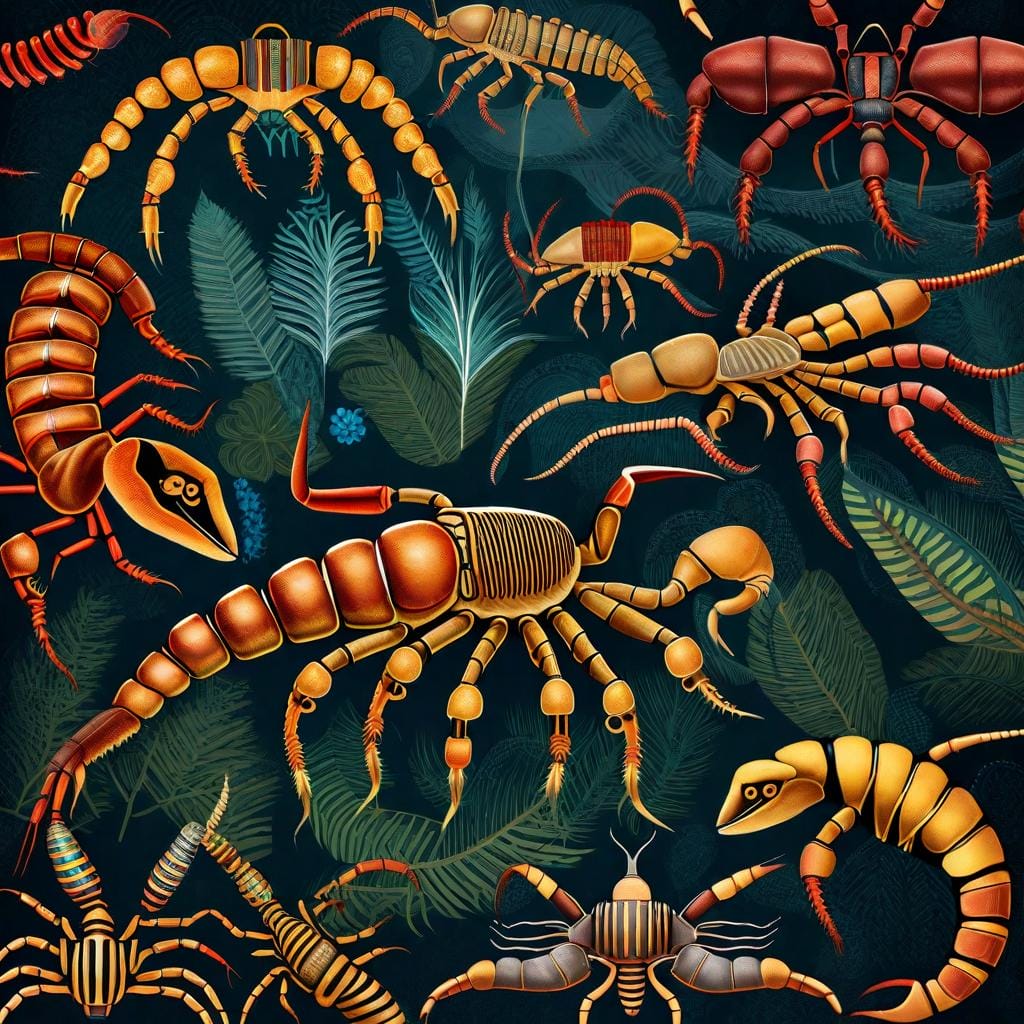
A. A Brief Overview of Scorpions
1. Origin and Evolution of Scorpions
Dating back over 430 million years, scorpions are among the first arachnids to adapt to land life. They’ve seen dinosaurs come and go, yet their own form has remained relatively unchanged.
2. Variety and Distribution of Scorpion Species
Scorpions are diverse, with about 2,200 recognized species distributed across all continents except Antarctica.
3. Physical Attributes and Life Cycle of Scorpions
Scorpions are identified by their elongated body, grasping claw-like pedipalps, and a tail tipped with a venomous stinger. They live from 2 to 10 years, with females usually outliving males.
B. Scorpions’ Place in the Ecosystem
1. Scorpions’ Role in the Food Chain
As predators, scorpions control populations of insects, spiders, and smaller scorpions. They are a food source for larger animals like birds, lizards, and mammals.
2. Interaction with other Species
Scorpions usually play a loner’s game, preferring to stay solitary unless it’s mating season.
3. Impact on Environment and Ecosystem
On the ecological front, scorpions play the crucial role of bioindicators, reflecting the health of the ecosystems they inhabit.
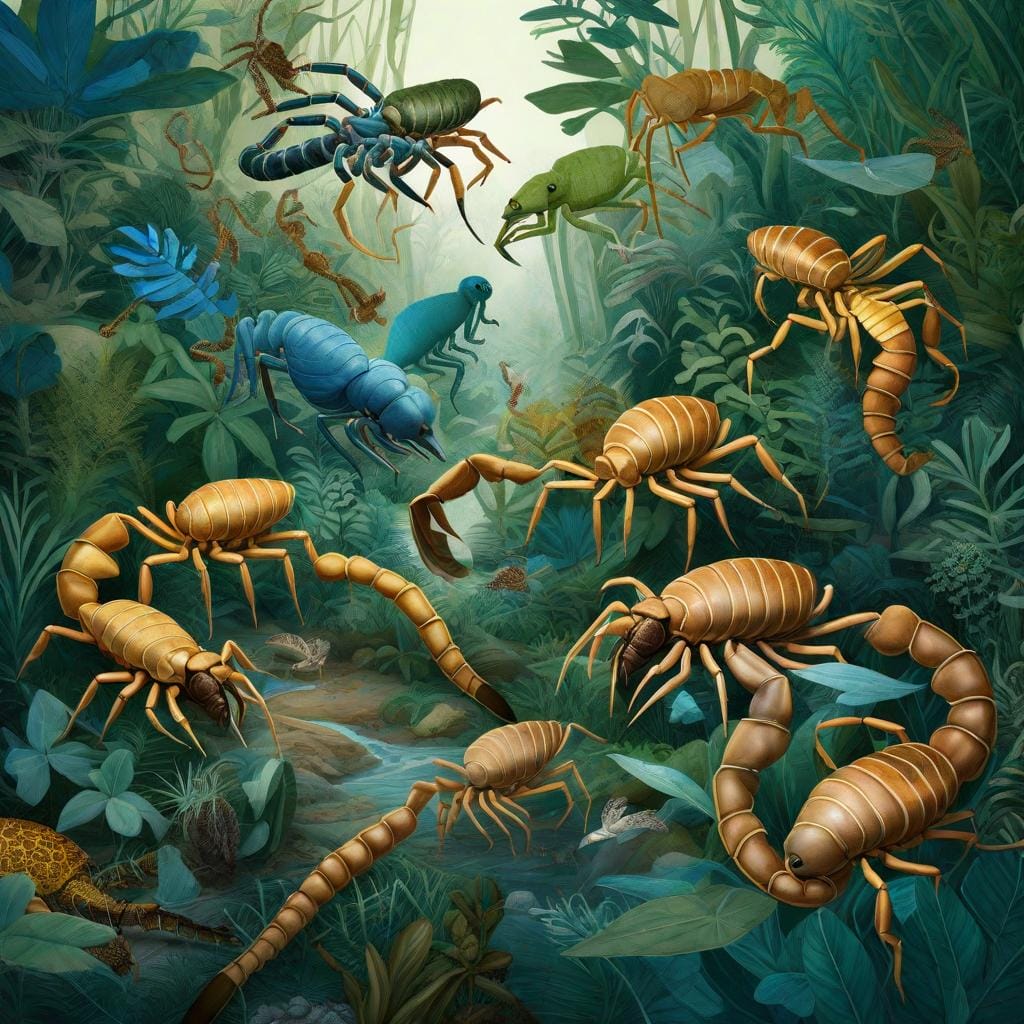
C. Human-Scorpion Interaction
1. Scorpions in Ancient Cultures and Modern Symbolism
In many cultures, the scorpion symbolizes duality—death and rebirth, poison and antidote—and is revered for its endurance.
2. Medical Importance of Scorpions
Scorpion venom is valuable in medicine for potential treatments for conditions ranging from cancer to auto-immune diseases.
3. Scorpions as Pests: Where and How They Intrude in Human Spaces
While scorpions mostly avoid human areas, they sometimes wander into homes seeking food or shelter, necessitating pest control measures.
II. Conditions Favorable for Scorpion Infestation
Let’s now examine the aspects that make an environment ideal for scorpions.
A. The Ideal Environment for Scorpions
1. Climatic Preferences of Scorpions
Scorpions are fond of warm, dry climates, with the majority of species residing in desert and semi-arid regions.
2. Preferred Natural Habitats
Rocky areas, caves, and under bark are favored natural hideouts for scorpions.
3. Scorpion Infestation in Urban and Suburban Areas
Urbanization encroaches on scorpion habitats, leading to higher encounter rates between these arachnids and humans.
B. Scorpion Infestation Patterns
1. Seasonal Trends in Scorpion Activity
Summer draws most scorpions out in the open as they seek mates. But some species are more active during the rainy season, hunting amphibians and insects.
2. Demographics of Infested Areas
Where humans share geography with scorpions, infestations can occur, particularly in southwestern parts of the United States and in the Middle East.
3. Other Environmental Factors Affecting Scorpion Infestation
Housing density, available food sources, and microclimate variation can all impact the likelihood of scorpion infestations.
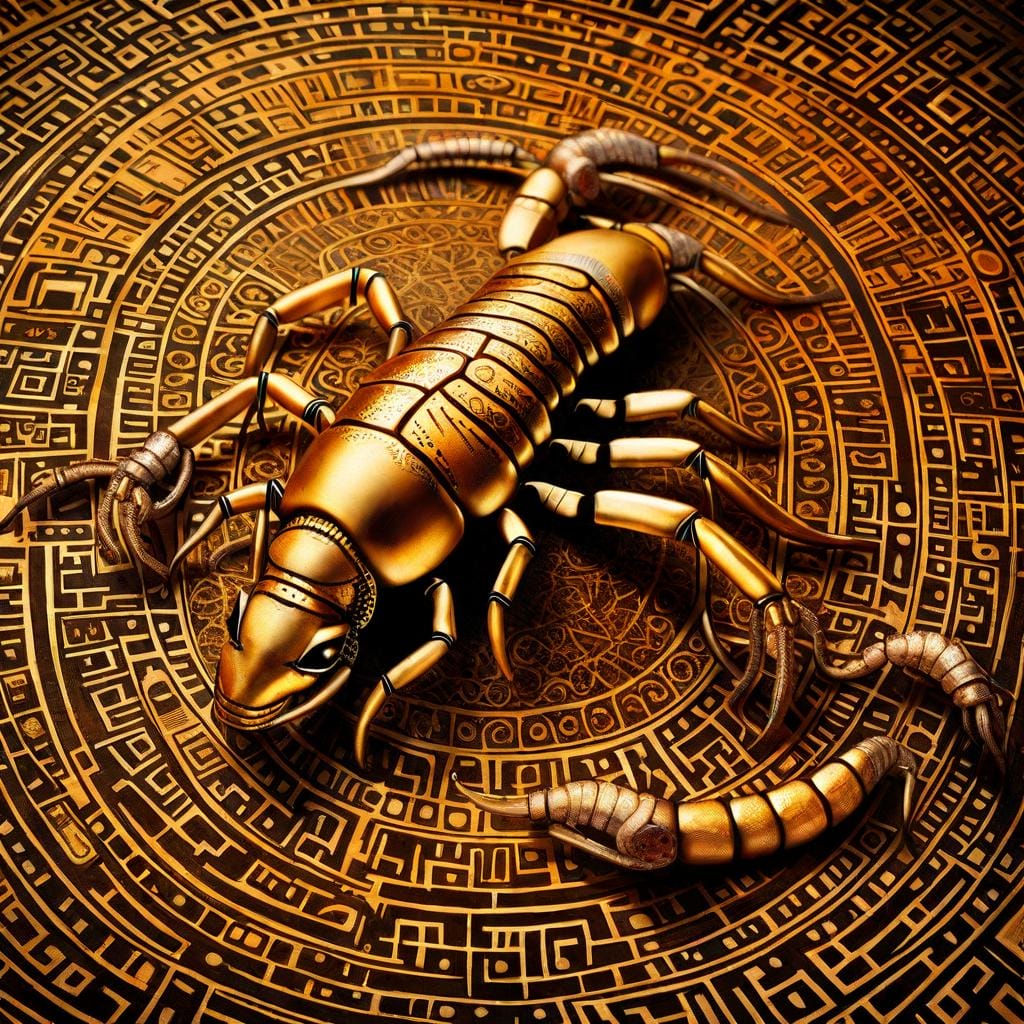
C. Scorpion Food and Water Sources
1. Typical Dietary Preferences and Hunting Strategies of Scorpions
Scorpions are carnivorous, feeding primarily on insects. They have a sit-and-wait hunting strategy, pouncing on prey when it comes close.
2. Scorpions’ Water Requirements and Sources
Scorpions get most of their water from their food. However, they will drink from available water sources when necessary.
3. Implications for Homeowners and Property Managers
Due to their dietary preferences, having a lot of insects in your home can attract scorpions.
III. Understanding Scorpion Behavior
To predict and prevent encounters with scorpions, understanding their behavior is key.
A. Nature of Scorpions
1. Scorpions’ Nocturnal Lifestyle
Desert species of scorpions are typically nocturnal, venturing out at night to hunt and mate.
2. Social Behavior and Territoriality in Scorpions
While scorpions mostly live solo, some form social groups—particularly mothers with their young.
3. Mating Rituals of Scorpions
Scorpions have a unique mating dance involving a series of movements like side-stepping and juddering.
B. Scorpion Navigation
1. How Scorpions Orient Themselves
Scorpions use their pectineus (comb-like sensory structures) that touch the ground to navigate and sense prey.
2. Scorpions’ Sensory Apparatus and its Role in Attraction
Scorpions detect chemical signals, vibration, and temperature changes to locate mates and prey.
3. Effects of Light and Sound on Scorpions’ Movements
Bright lights might repel scorpions. As for sound, they can sense vibrations and react accordingly but cannot hear sound waves in the same way mammals do.
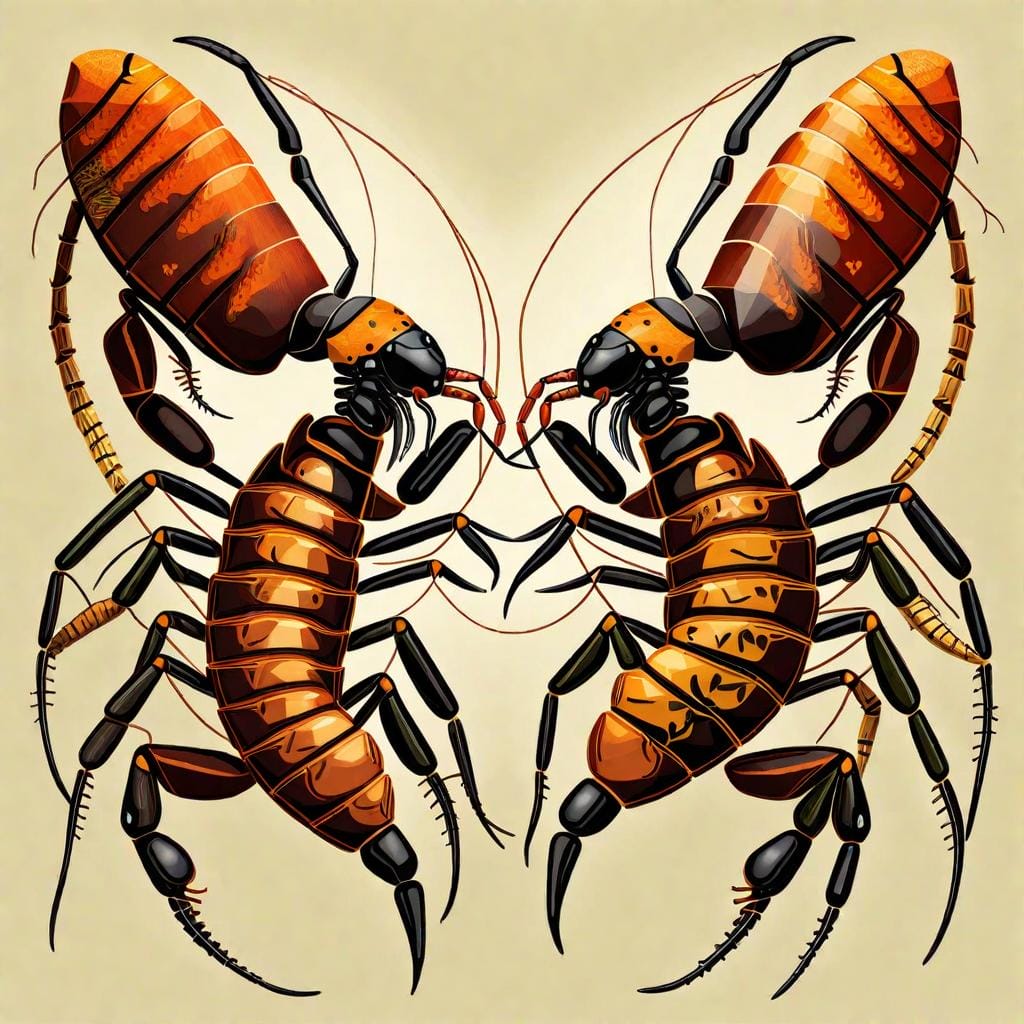
C. Scorpion Defense Mechanisms
1. Defensive Behaviors in Scorpions
Scorpions adopt a threat pose when alerted, and will run or play dead if it’s possible.
2. Use of Stingers and Venoms for Defense
Their last line of defense comes in the form of their venomous sting, which can be painful or, in rare cases, life-threatening.
3. Other Factors Influencing Scorpion Defense Strategies
Gender, age, species, and size factor into each scorpion’s defensive behavior.
IV. Practical Measures to Deter Scorpions
Adopting strategic practices can help you minimize the risk of a scorpion infestation.
A. Home and Property Maintenance
1. Safe Landscaping Practices
Consider natural scorpion deterrents, like citrus trees, and avoid too much clutter or debris in the garden.
2. Guidelines for Indoor and Outdoor Cleaning
Regular cleaning and minimized clutter can reduce hiding spaces for scorpions indoors.
3. Effect of Lighting on Scorpion Activity
Scorpions prefer the dark, so maintaining well-lit outdoor spaces can help deter them.
B. Precautions in Scorpion Infested Areas
1. Protective Clothing and Equipment
Wearing gloves and boots can help protect against unwanted scorpion encounters, especially when handling debris or rocks.
2. Behavioral Precautions
Avoid walking barefoot or sticking your hand into unknown spaces, particularly at night.
3. First Aid for Scorpion Stings
Always have a first-aid kit handy, complete with alcohol wipes, tweezers and over-the-counter pain medications.

C. Professional Pest Control Options
1. Available Services for Scorpion Control
Pest control services can provide specialized treatment plans to eradicate and prevent scorpion infestations.
2. Effectiveness of Professional Scorpion Pest Control
These services can be highly effective, giving individuals peace of mind and reducing the incidence of stings.
3. Safe and Environmentally Friendly Pest Control Practices
Pesticides should be used as a last resort, and only those that are safe and approved should be considered.
V. Dispelling Myths about Scorpions
The world of scorpion science and folklore is vast, but not all of it is true.
A. Myths about Scorpion Attraction
1. Common Misconceptions about What Attracts Scorpions
Some believe scorpions are attracted to certain colors, but there’s no scientific basis for this.
2. Debunking Myths about Scorpion Infestation
It’s a common myth that houses with certain attributes attract scorpions more, but that’s not necessarily true.
3. Decoding Scorpion Behavior
Some claim scorpions are vengeful and will track down those who’ve wronged them, but this is purely myth.
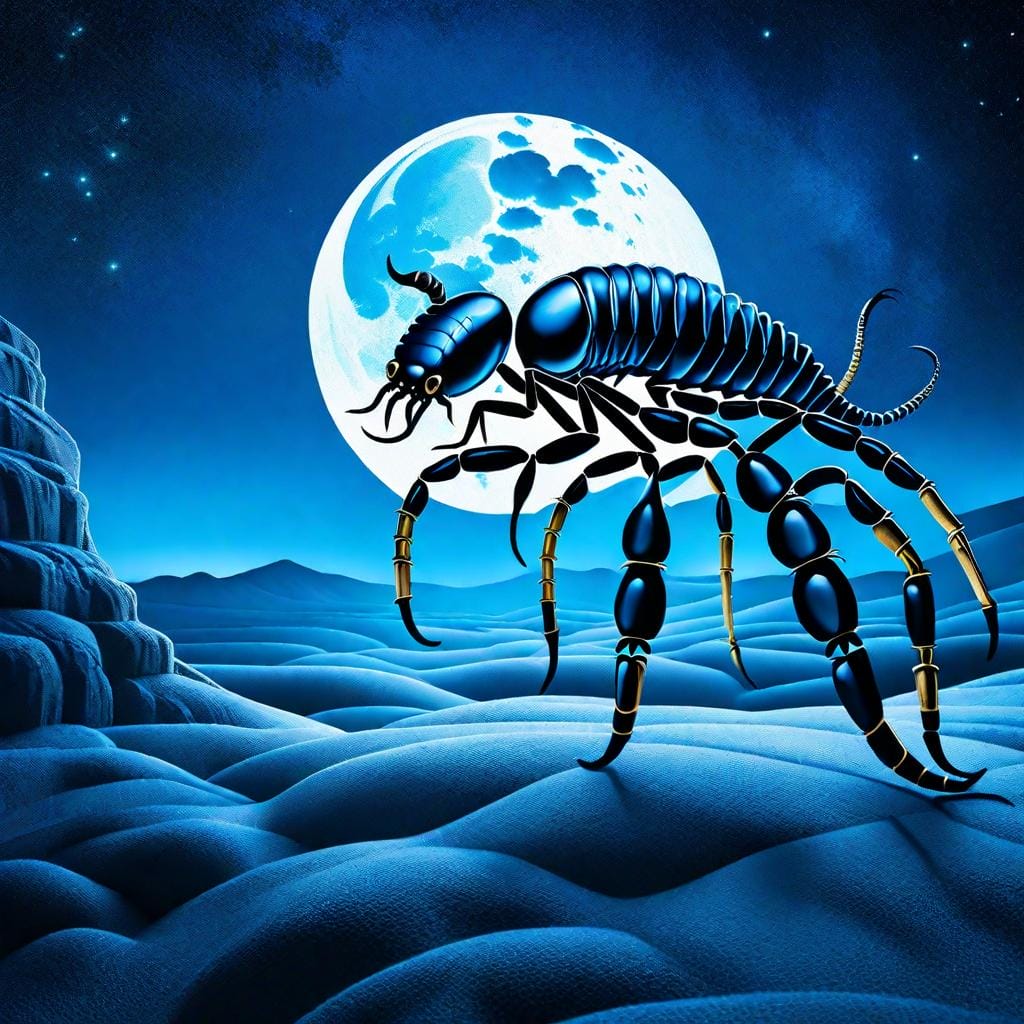
B. Misconceptions about Scorpion Danger
1. Scorpion Stings: Reality vs Fears
While a scorpion sting is painful, only a few species pose a critical threat to humans.
2. Dangerous Scorpion Species vs Harmless Ones
Of the 2,200 scorpion species, only around 30-40 have venom strong enough to kill a human.
3. Scorpion’s Role in the Ecosystem and Biodiversity
Scorpions are significant contributors to their ecosystems, forming an integral part of the food chain.
C. Myths about Scorpion Control and Prevention
1. Do-it-yourself Vs. Professional Pest Control
While DIY methods can sometimes work, professional pest control is the most effective way to handle a scorpion infestation.
2. Common Mistakes in Scorpion Deterrent Measures
Applying insecticides incorrectly or relying on ultrasonic repellers are two key mistakes many people make.
3. Myths about Scorpion Repellants and Pesticides
Many household substances are touted as scorpion repellants, but few have been scientifically proven to be effective.
Conclusion: Co-existing with Scorpions
While scorpions can seem menacing, understanding them can help us dispel fear. Know your local scorpion species, their habitats, and behaviors. Practice preventive measures, and if needed, seek professional help to deal with infestations. Remember, scorpions, like all creatures, have a role in our global ecosystem.
Frequently Asked Questions
1. What Smells do Scorpions Hate: Facts or Myths?
There’s no scientific evidence that scorpions are deterred by specific smells.
2. Why are Scorpions Attracted to My House?
Scorpions might enter your house in search of water, food (insects), or shelter.
3. How Can I Keep Scorpions Away from My Property?
Minimize clutter, regularly trim your garden, seal entry points around your house and consider professional pest control services.
4. Are all Scorpions Dangerous to Humans?
No. Of the approximately 2,200 scorpion species, only around 30-40 have venom that’s potentially deadly to humans.
5. How Quickly Can an Infestation of Scorpions Happen?
* Scorpion infestations typically develop gradually as scorpions find suitable living conditions – this could take anywhere from weeks to months.

